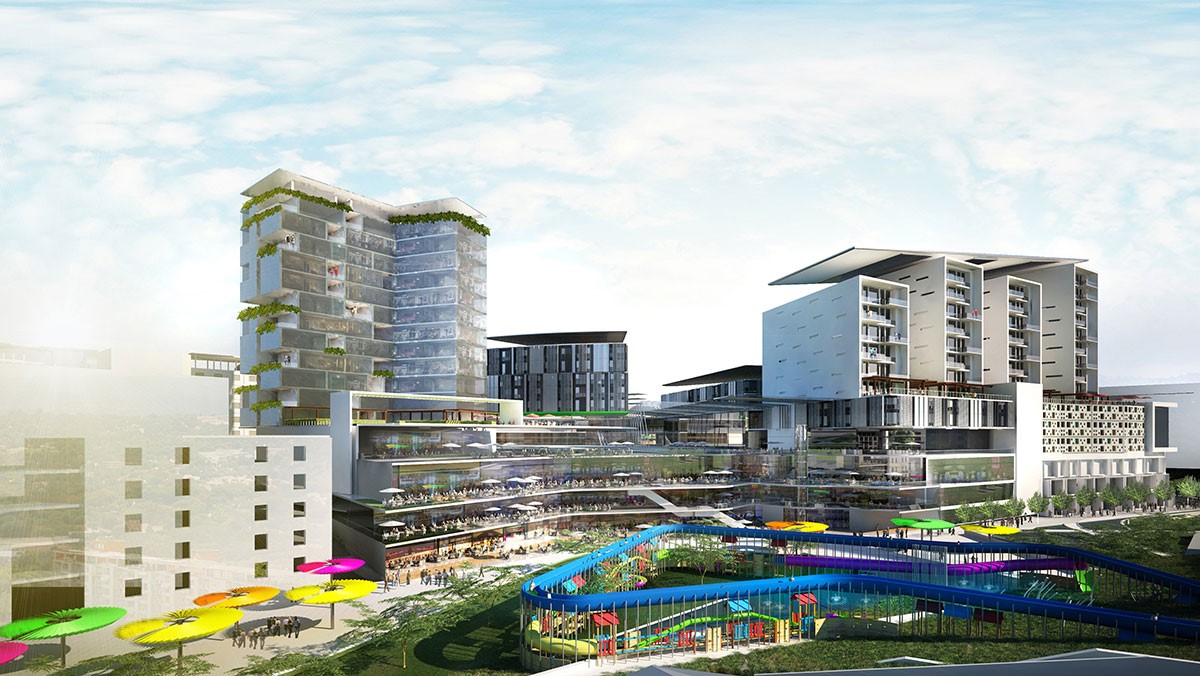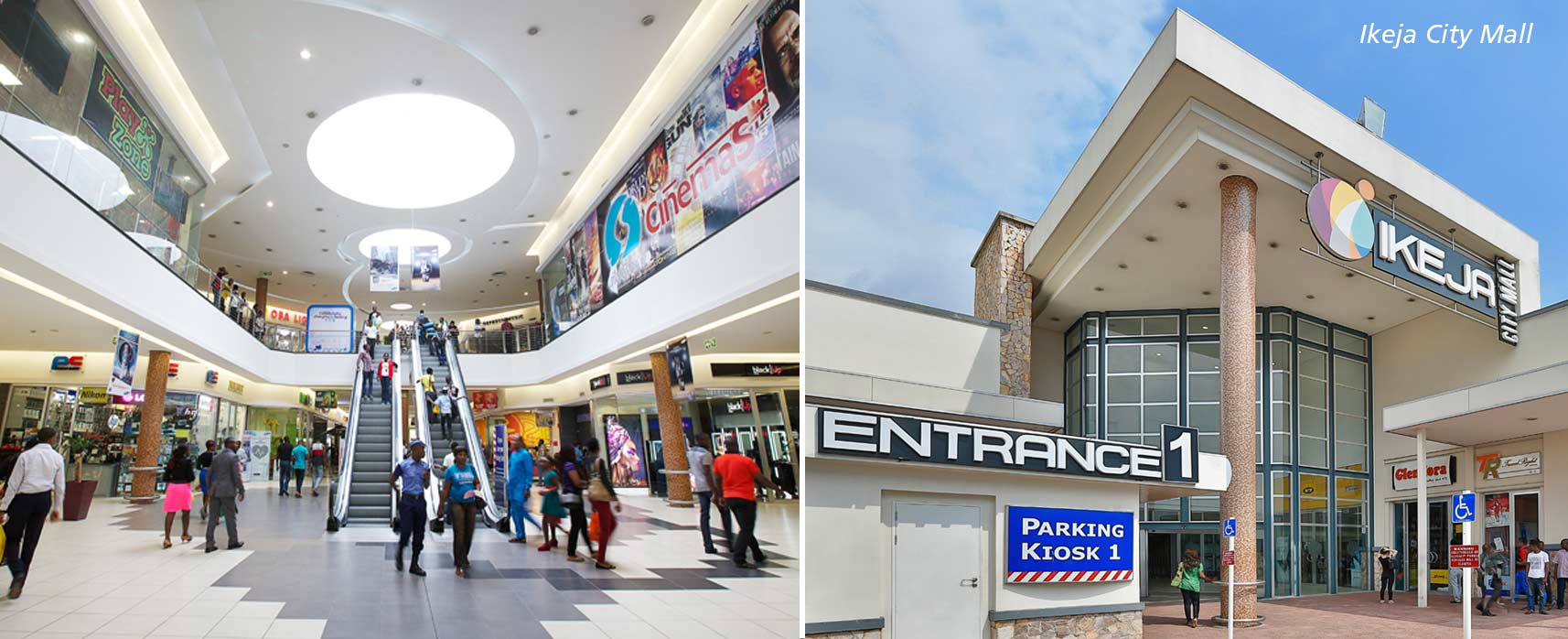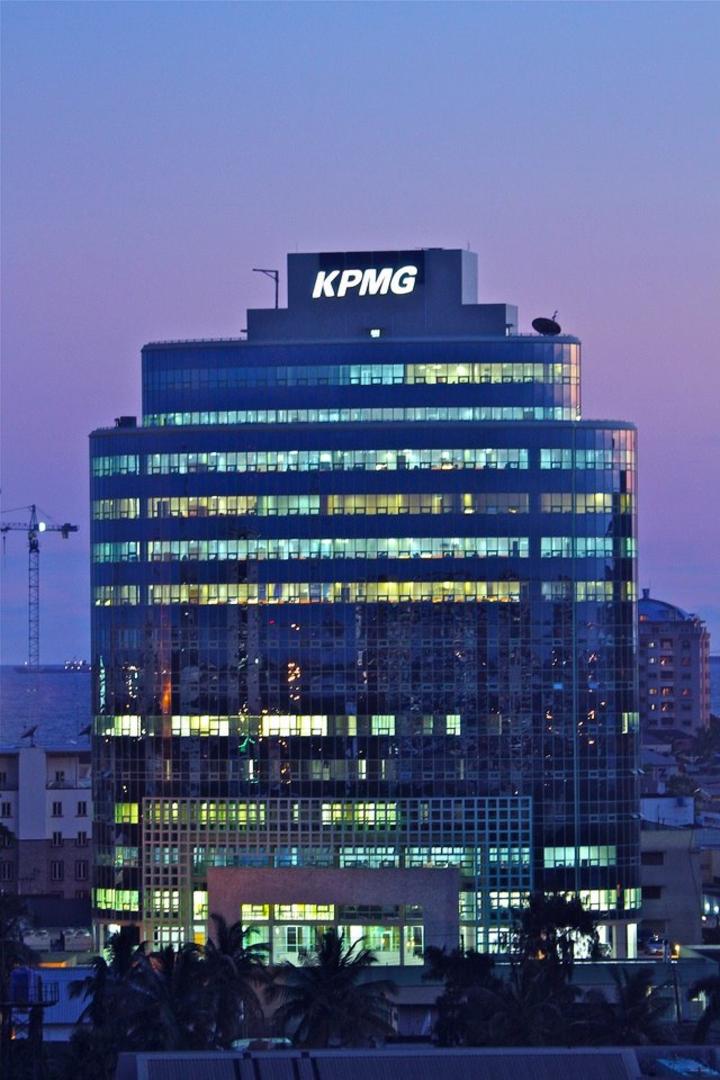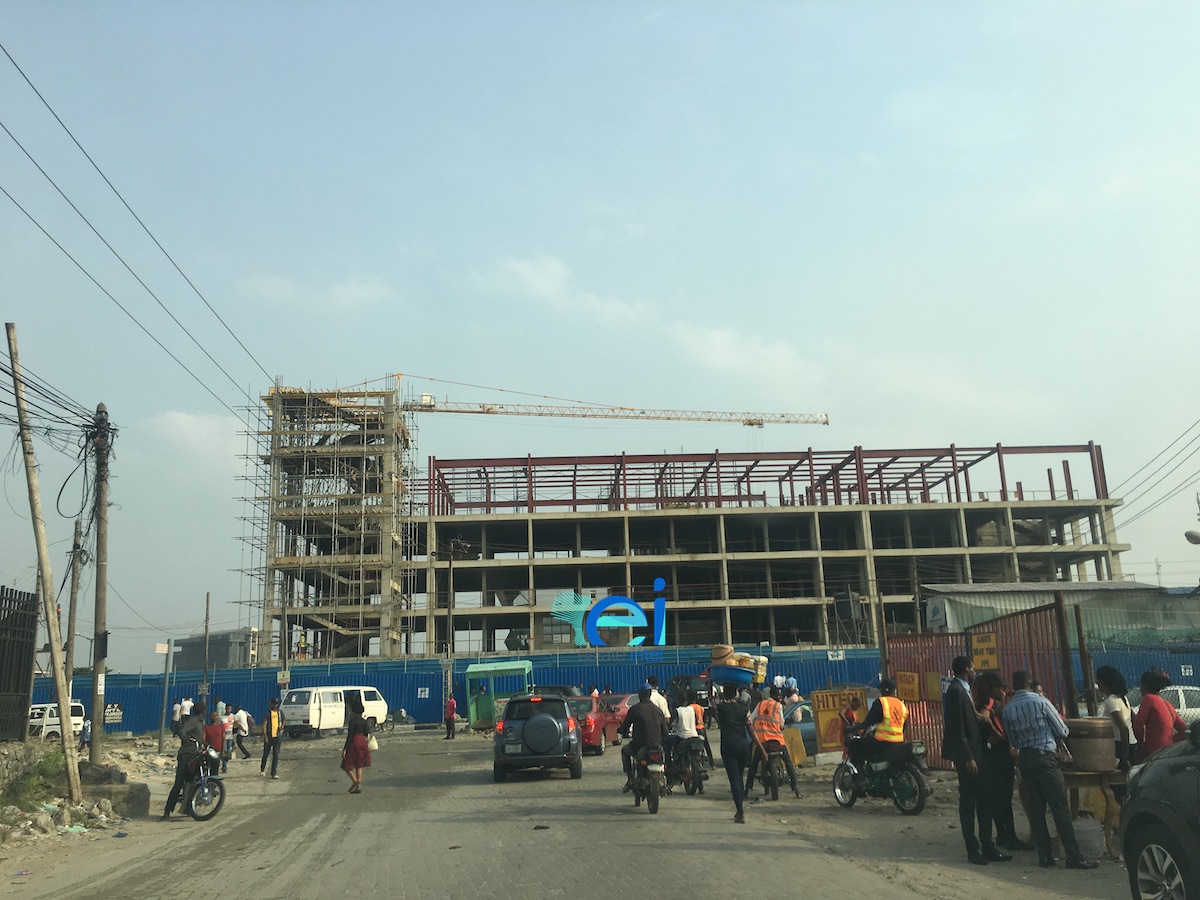Knight Frank Shop Africa 2016 Report
Kayode Ola . 8 years ago
premium

Share this post
Subscribe to our newsletter
In its 2016 Shop Africa report, Knight Frank chronicled the giant wave of modern mall development in Sub-Saharan Africa (ex South Africa). Within the report, they identified strong economic fundamentals, the increasing desire for institutional investors to tap into 2nd tier cities, Nairobi's large development pipeline and Lagos' relative shortfall as key themes. Access the report on…
In its 2016 Shop Africa report, Knight Frank chronicled the giant wave of modern mall development in Sub-Saharan Africa (ex South Africa). Within the report, they identified strong economic fundamentals, the increasing desire for institutional investors to tap into 2nd tier cities, Nairobi’s large development pipeline and Lagos’ relative shortfall as key themes. Access the report on the Real Estate Research Report Centre or read below for a summary.
Strong economic fundamentals
The major driver for the recent wave of modern mall development in Sub-Saharan Africa is the surge in economic growth and strong demographic profile, which represent good long-term opportunities. Not only has the population doubled over the last thirty years, the rate of urbanisation has also increased, while the young and middle class segments have also maintained exponent growth.
Second tier cities are the new brides
Institutional investors are increasingly tapping into the long-term potential of second – tier cities like Onitsha, Benin City, Enugu, and Warri in Nigeria as well as the Ntinda and Lubowa suburbs in Uganda. This trend indicates sector growth and competition between retail schemes in the tier 1 cities of Lagos and Abuja, and the growing urbanization rate across the continent. Within the cities with more mature retail markets, the trend is towards larger and higher quality regional malls within a larger mixed-use project.
Nairobi leads the pack in development pipeline
The largest shopping centre development pipeline on the continent (ex South Africa) is in Nairobi with Luanda, Lagos, Dar es Salaam, and Maputo following respectively, according to the data collated. Nairobi has about 470,000m² of space in the pipeline mainly due to the Two Rivers Project and The Hub in Karen, which account for 20% of total pipeline (92,000m²) and are expected to open later this year. The presence of investment grade local operators such as Nakumatt, Uchumi, and Tuskys have ensured competitive rents in these new centres. According to Two Rivers Mall leasing consultant, the rent for retail space here falls between $24/m² and $55/m² per month.
Lagos has a long way to go
Despite the reputation of Lagos as the largest city in Africa, it still falls short in terms of completed shopping centre space, coming seventh with a total of 121,000m². South Africa has over 23,000,000m² of shopping centre space, which in itself is seven times as much as the rest of Sub-Saharan Africa. They continue to retain top position on the continent in terms of completed shopping centre space. Nigeria’s capital city Abuja is tied at 11th place with Maputo (Mozambique) with 81,000m² of shopping space.
Related News
You will find these interesting

Dolapo Omidire . 3 years ago
actis
africa

Dolapo Omidire . 3 years ago
nigeria
premium

Dolapo Omidire . 4 years ago
clinic
healthcare